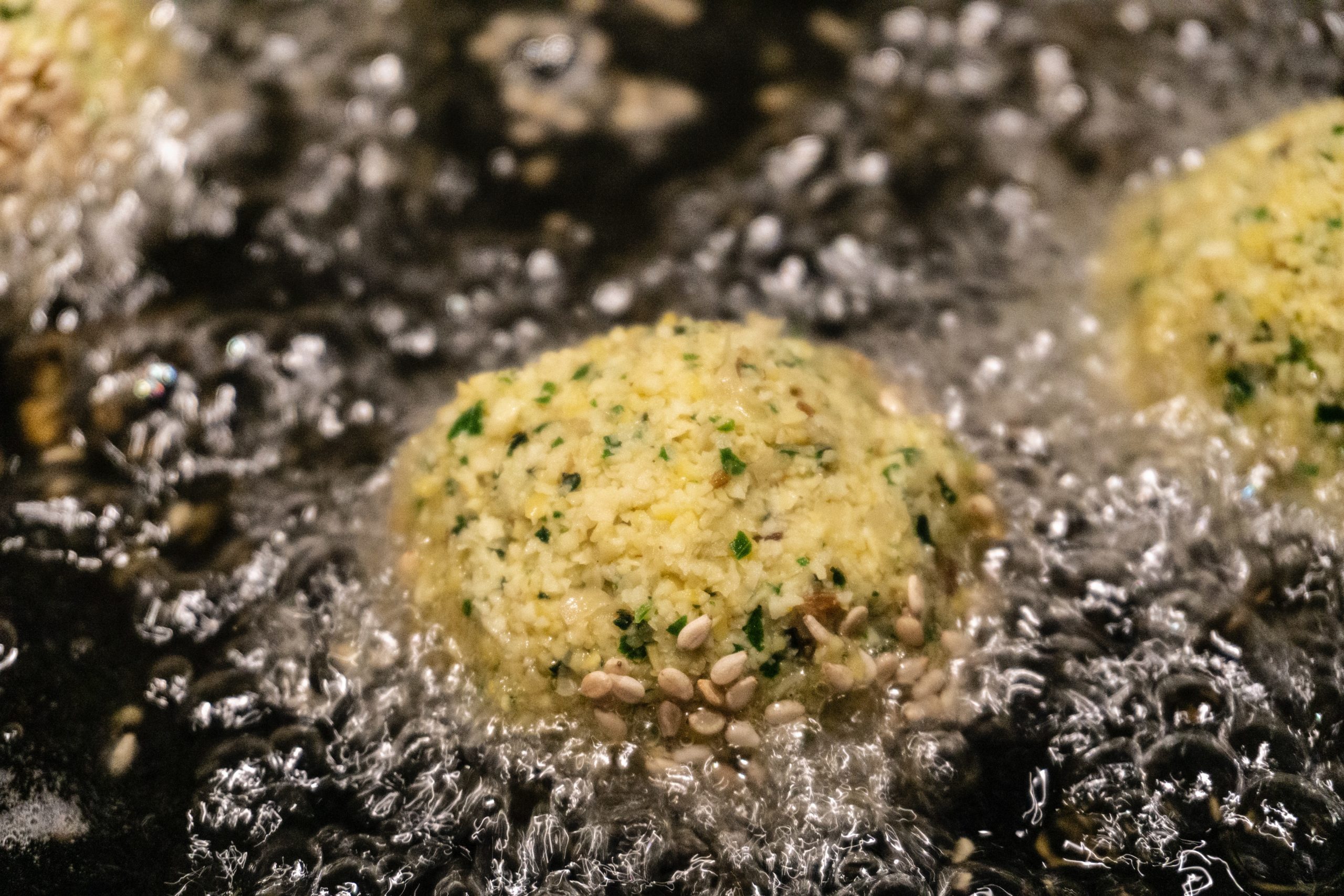Code requirements for restaurants have always been stringent, but in an effort further to reduce waste and its environmental impact, updates to the rules and regulations surrounding fats, oil, and grease (FOG) and the disposal thereof are becoming stiffer in Florida.
Restaurants and other establishments with commercial kitchens are required to have grease interceptors (also known as grease traps), which are designed in different sizes and capacities to handle a certain amount of waste. Now cities and counties throughout Florida are moving to a zero-grease waste factor. Per the Miami-Dade County FOG Control Device Guidance Manual, even concentrations as low as 150 mg/L of FOG can impact the operation of sewage collection, transmission, and treatment facilities.
What’s Next for Grease Traps?
First, a quick lesson on how grease traps work: the purpose of a grease interceptor is to create something of a holding environment for hot greasy water to cool. As the water cools in the grease interceptor, the grease and oil in the water separate and float to the top of the trap. The cooler water – now theoretically free of grease and oil – sinks and flows down the pipe and into the sewer system.
But not all grease traps may be doing a good enough job of creating clean waste. New requirements mean that bigger tanks or double tanks with newer technology may be needed to achieve the zero-waste goals set by many Florida cities and counties.
For those considering building a new restaurant, this is going to be one of your main challenges. Taking the time to plan and get the plumbing right will be important to meeting the waste requirements.
Before getting started on a restaurant project, be sure to talk to us at Seacoast Construction. Though zero-waste is a goal across the state, each city and county will have different requirements.
For example, Chapter 24 of the Environmental Code of Miami-Dade County (Section 24-18) requires that FOG control devices be installed and that a sampling point be provided on the discharge side of the grease trap to measure exactly what is being disposed. It’s important to understand – and meet – the requirements specific to your location in order to secure permits and approvals.
For help, get in touch with our team at Seacoast Construction to schedule a free consultation.
- test :


